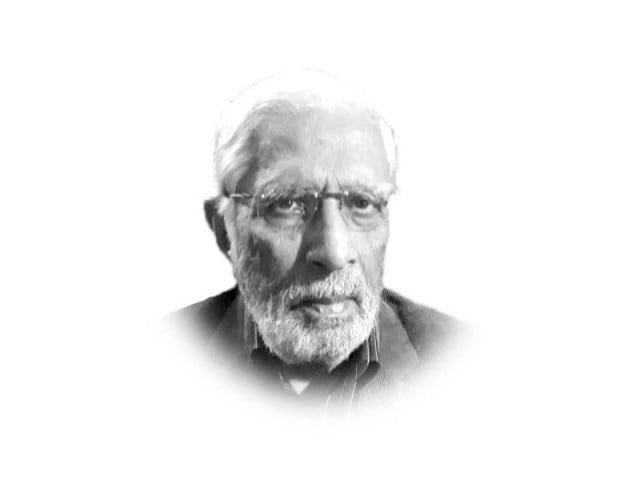A new geopolitical game
The troika — Russia, China and Pakistan — seemingly guided the SCO to reach a consensus

The 20th SCO summit in Dushanbe on September 16-17 unveils a new geopolitical game plan heralding the beginning of the end of what is called the US unipolar moment while at the same time initiating a process of Eurasian consolidation.
The Dushanbe Declaration announces a more representative, democratic, just and multipolar world order based on universally recognised principles of international law, cultural and civilisational diversity, and mutually beneficial and equal cooperation of states under the central coordinating role of the UN.
As expected Afghanistan was the main topic — with all players agreeing on the path ahead, as detailed in the Dushanbe Declaration. And all Eurasian integration paths said to be converging towards the new geopolitical and geo-economic template.
For all the immense challenges inherent to the Afghan jigsaw puzzle, hopeful signs emerged on Sept 21, when former Afghan president Hamid Karzai and peace envoy Abdullah Abdullah met in Kabul with Russian presidential envoy Zamir Kabulov, China’s special envoy Yue Xiaoyong, and Pakistan’s special envoy Mohammad Sadiq Khan.
The troika — Russia, China and Pakistan — seemingly guided the SCO to reach a consensus that Islamabad will coordinate with the Taliban on the formation of an inclusive government by including Tajiks, Uzbeks and Hazaras.
The most conspicuous and direct consequence of the SCO has been the complete marginalisation of the US. And with the full support of the Central Asian countries, the ascending Eurasian grouping has accorded full membership to Iran and also taken upon itself the task of bringing order the Afghan disorder.
Pepe Escobar writes in Asia Times that Iran, now a full SCO member, was restored to its traditionally prominent Eurasian role, following the recent $400 billion trade and development deal struck with China.
The SCO now has the sway over the landmass from Southwest Asia to Central Asia along with controls over the Eurasia Economic Union and the BRI. The Russia-China strategic partnership seemingly underpins the consolidation process.
Meanwhile, in its escalating confrontation with China, an irate US has demonstrated what matters to it now is not Europe but the Indo-Pacific region — a thinking which has the potential to turn into a concept that could give birth of a new Cold War.
But the warning of an impending Cold War does not seem to have caused the Global South much concern as a huge portfolio of nations are said to be knocking on the SCO’s door.
Egypt, Qatar and Saudi Arabia are now SCO dialogue partners, on the same level with Afghanistan and Turkey. It’s quite feasible they may be joined next year by Lebanon, Syria, Iraq, Serbia and dozens of others.
President Xi Jinping has already invited 33 Latin American nations to be part of the Eurasia-Africa-Americas New Silk Roads. The Central Eurasians have traded with all the peoples living on their borders: that meant Europeans, Southwest Asians, South Asians and East Asians.
A Greater Eurasia region that integrates Asia and Europe is being organised with a Chinese-Russian partnership at the centre. Indeed, the Eurasian geo-economic instruments of power are seemingly gradually forming the foundation of a super-region with new strategic industries, transportation corridors and financial instruments. Across the Eurasian continent, states as different as South Korea, India, Kazakhstan and Iran are all said to be advancing various formats for Eurasia integration.
While Beijing and Moscow share the ambition to construct a larger Eurasian region, their formats are said to differ. However, the common denominator of both formats seems to be the necessity of a Sino-Russian partnership to integrate Eurasia. This was made clear at the SCO summit.
Russia is connecting its European and Pacific regions, while China connects its developed east coast with Xinjiang, and both connect Central Asia. Thus Russia is said to complete its historical conversion from a European/Slavic empire to a Eurasian civilisational state.
Published in The Express Tribune, September 25th, 2021.
Like Opinion & Editorial on Facebook, follow @ETOpEd on Twitter to receive all updates on all our daily pieces.















COMMENTS
Comments are moderated and generally will be posted if they are on-topic and not abusive.
For more information, please see our Comments FAQ